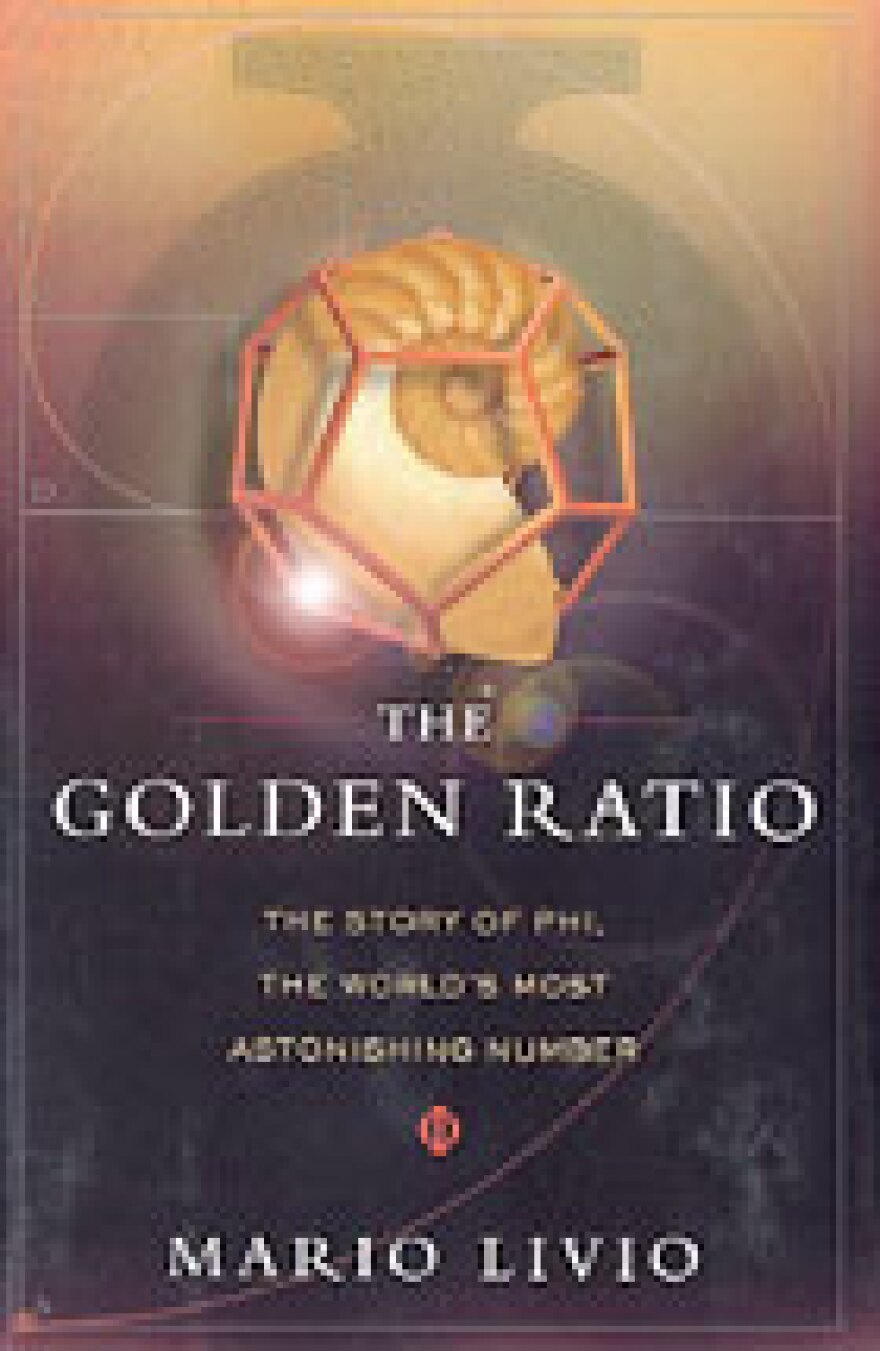

Anyone who has taken a high school geometry class has at least a dim recollection of the number called pi, the number expressing the ratio of the circumference of a circle to its diameter.
It's rounded off as 3.14, but the sequence following that decimal point extends, without repeating, ad infinitum.
A new book sheds light on pi's lesser-known cousin, phi -- or 1.6180339887 etc., also ad infinitum. Dubbed the "Golden Ratio" or the "Golden Number," phi explains the harmonious geometrical characteristics in everything from pentagrams to the petals of a rose.
It is a never-ending, never repeating number that is neither a whole number (such as 1,2,3...) nor even a ratio of two whole numbers (such as fractions).
Astrophysicist Mario Livio, author of the book The Golden Ratio: The Story of Phi, the World's Most Astonishing Number, also heads the science division at the Hubble Space Telescope Science Institute. In his new book, "The Golden Ratio," he shares his observations on Phi... Livio says that as astonishing as this number is, it is a simple ratio.
From the novel The Golden Ratio:
"What do the delightful petal arrangement in a red rose, Salvador Dali's famous painting Sacrament of the Last Supper, the magnificent spiral shells of mollusks, and the breeding habits of rabbits all have in common? Hard to believe, but these very disparate examples do have in common a certain number or geometrical proportion known since antiquity...
"The Pythagorean worldview... was based on an extreme admiration for the arithmos -- the intrinsic properties of whole numbers or their ratios -- and their presumed role in the cosmos. The realization that there exist numbers, like the Golden Ratio, that go on forever without displaying any repetition or pattern caused a true philosophical crisis."
Copyright 2022 NPR. To see more, visit https://www.npr.org.

